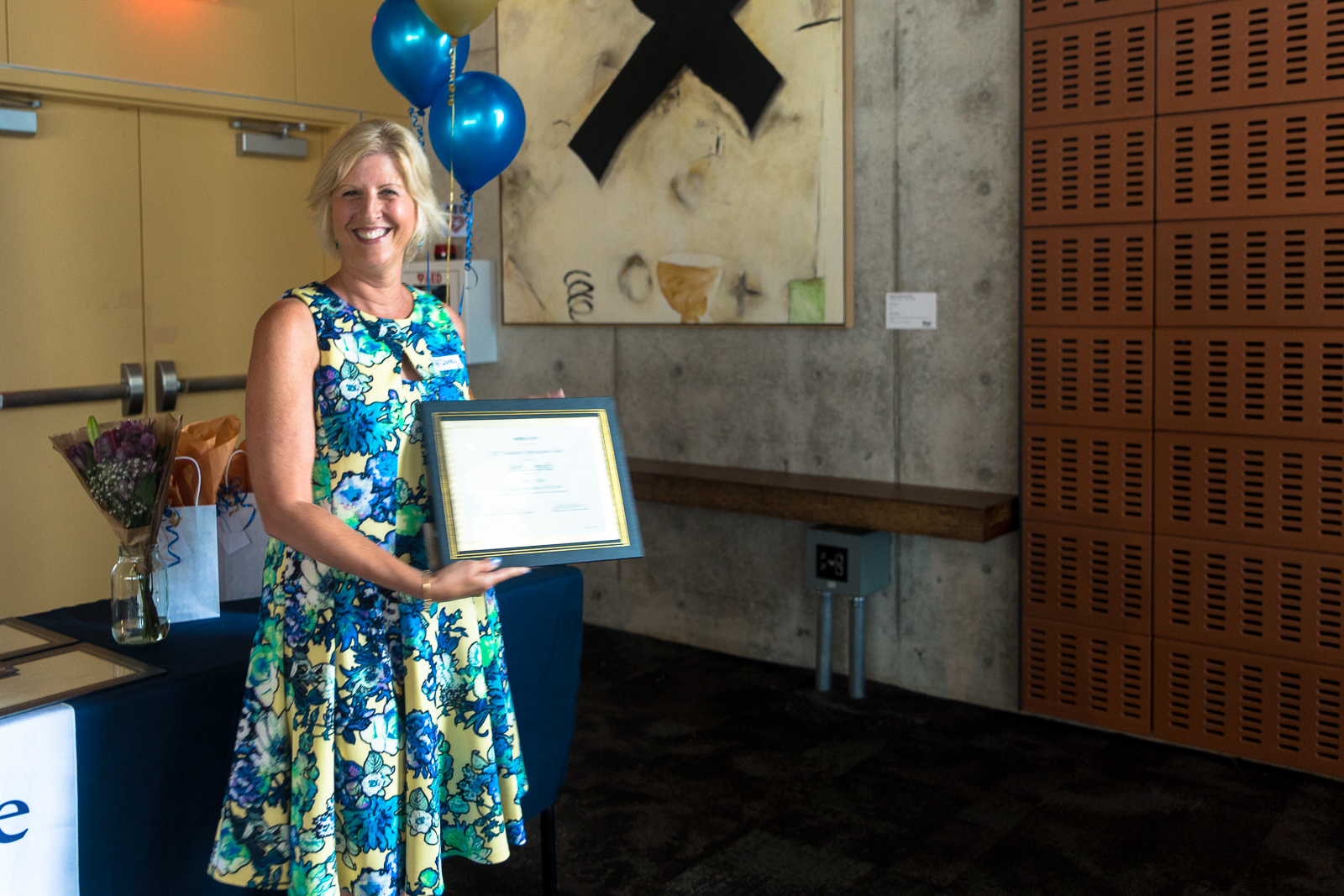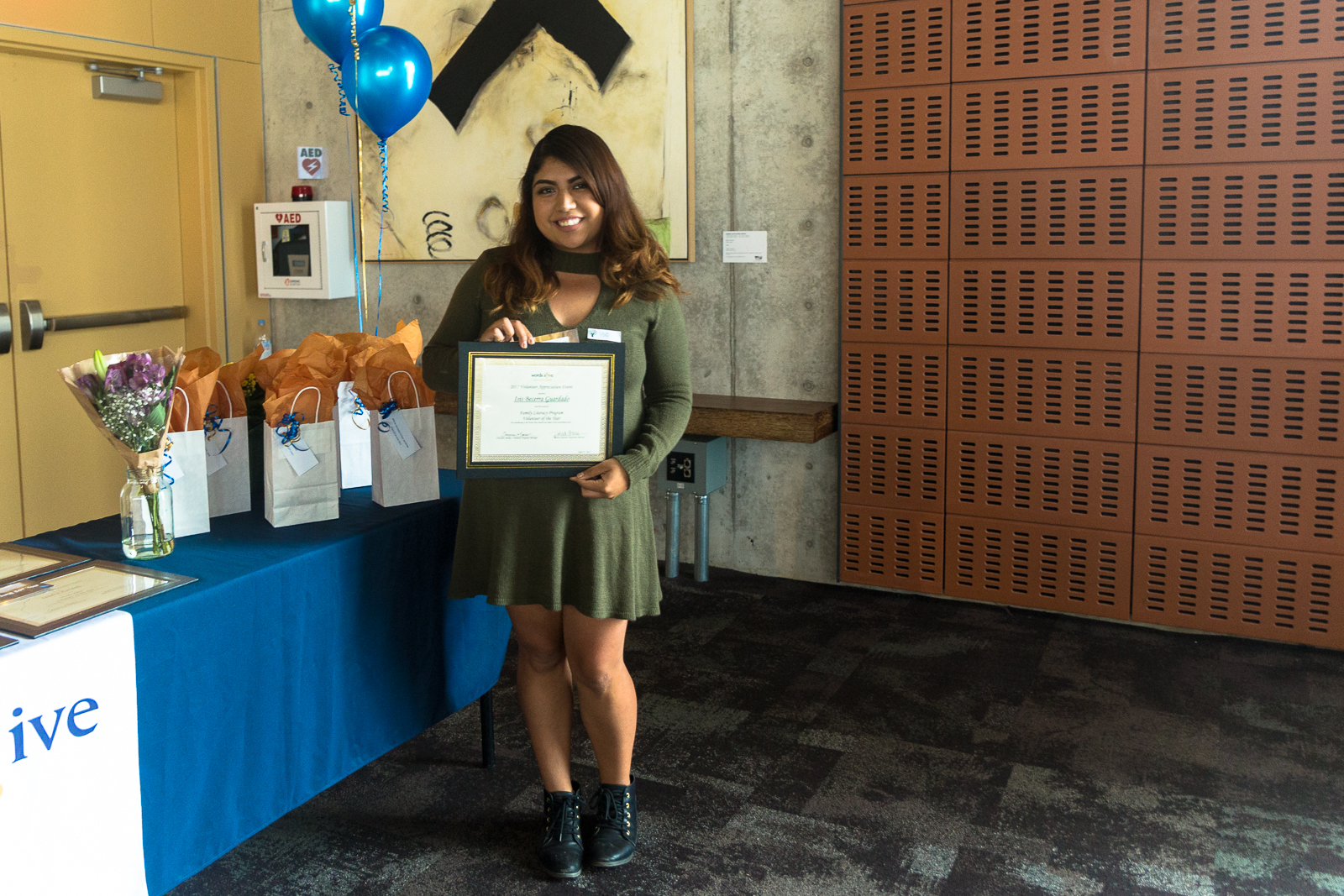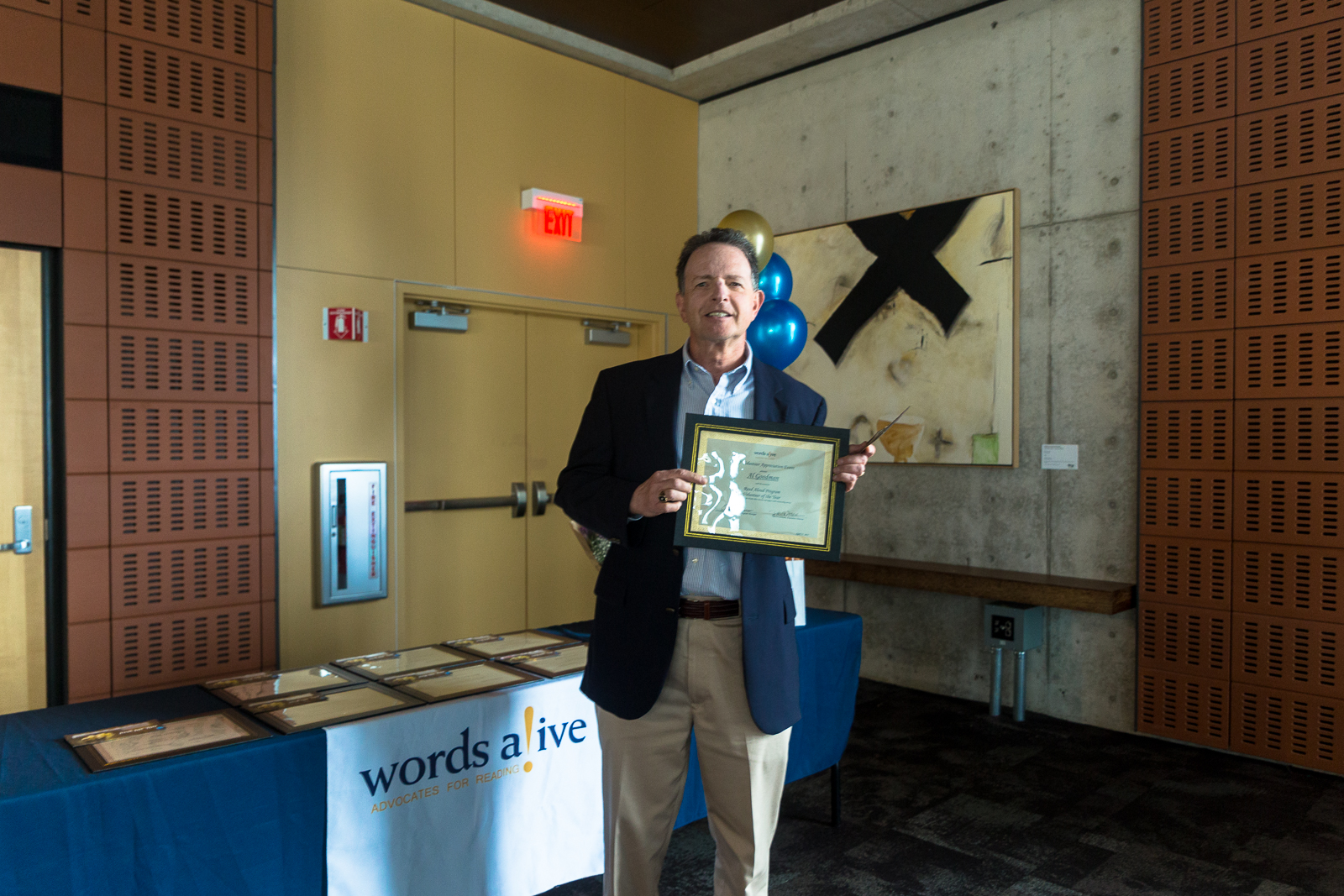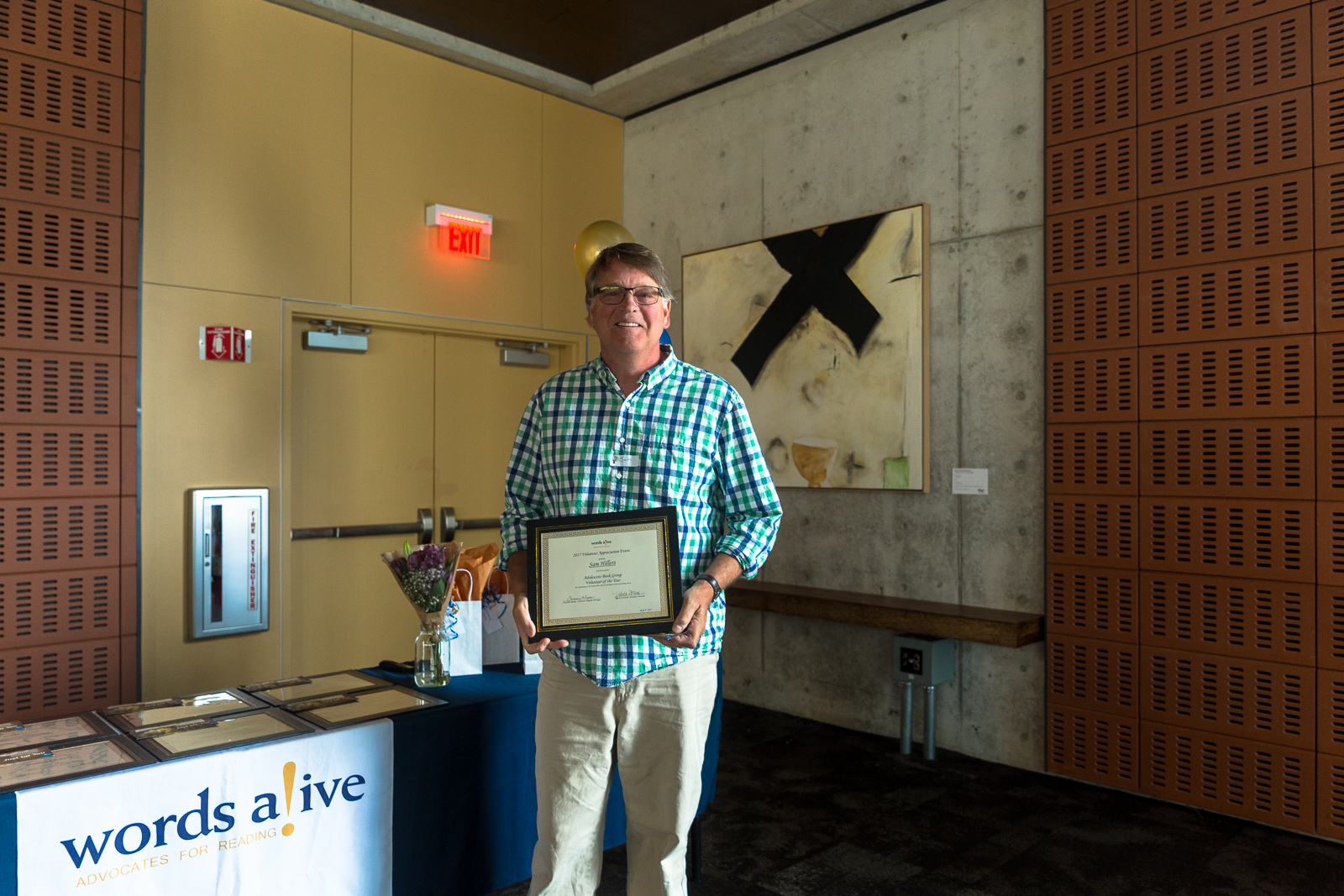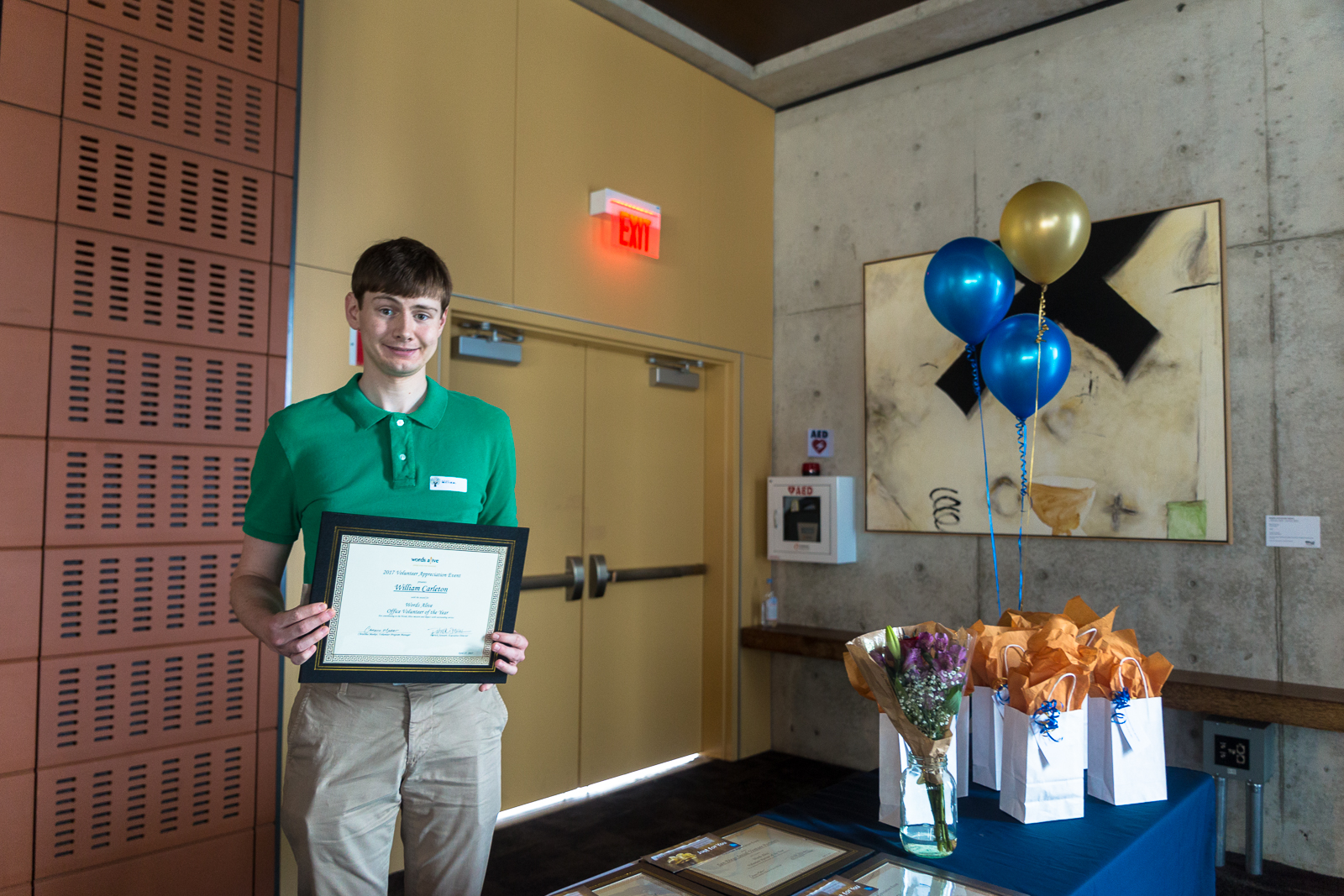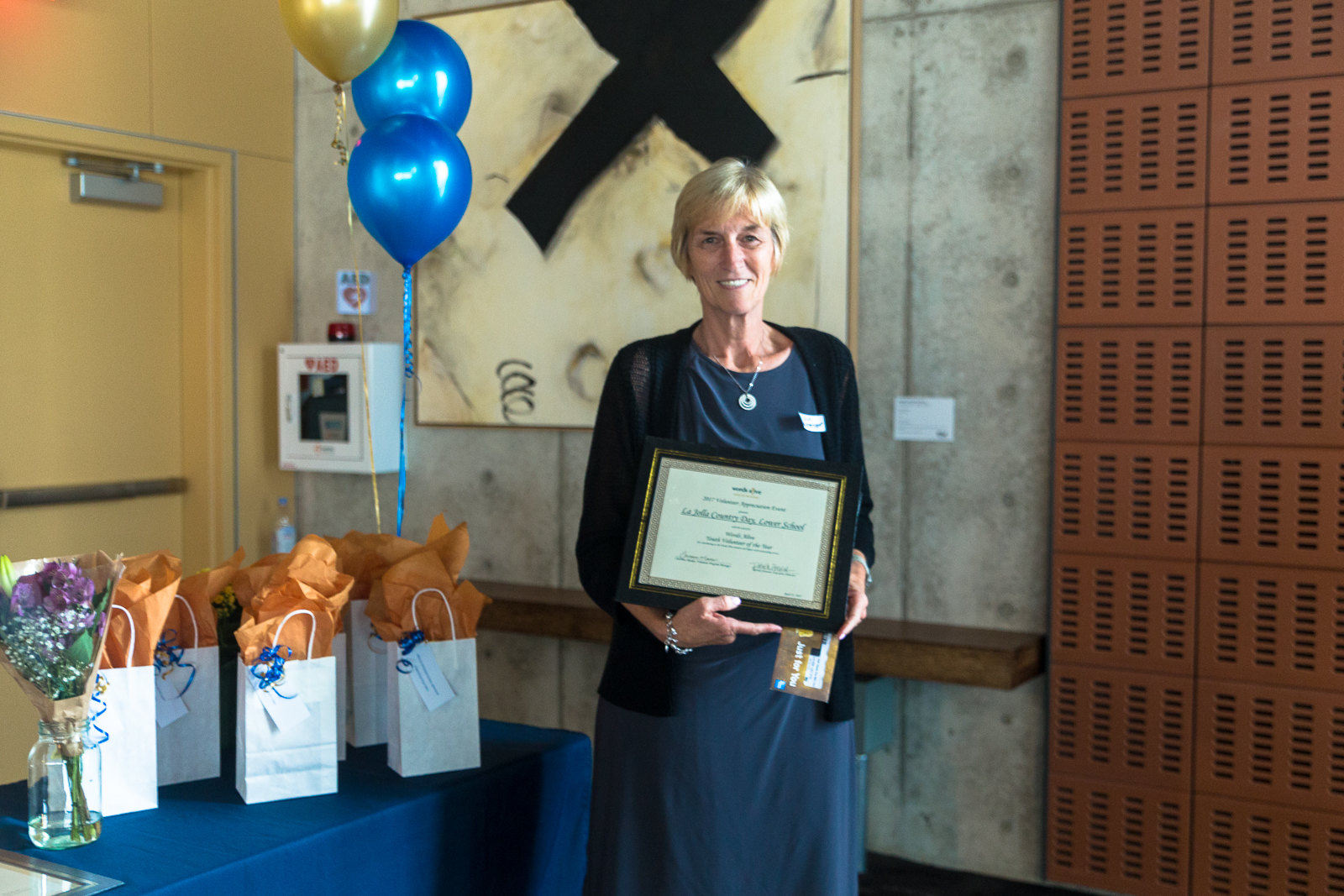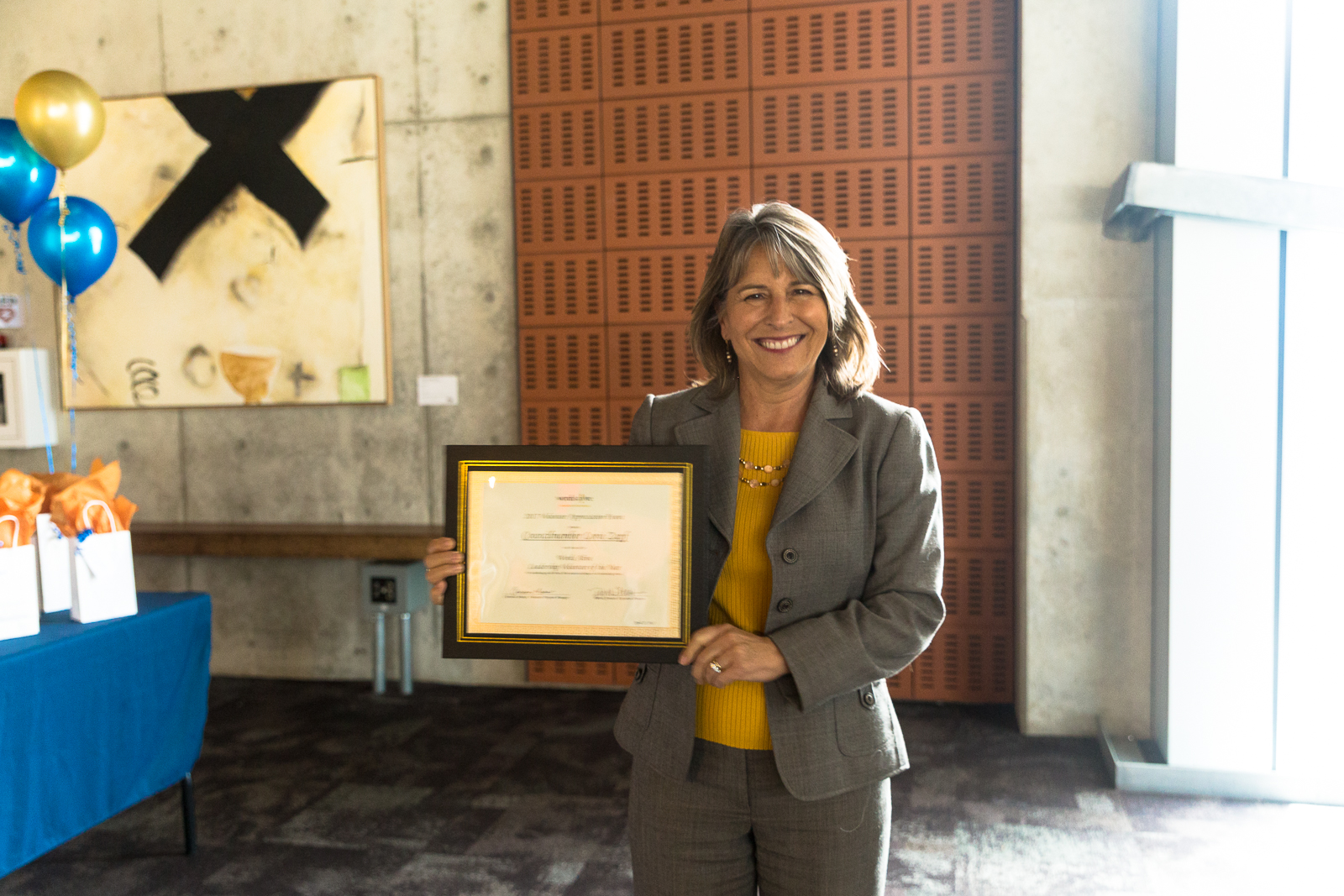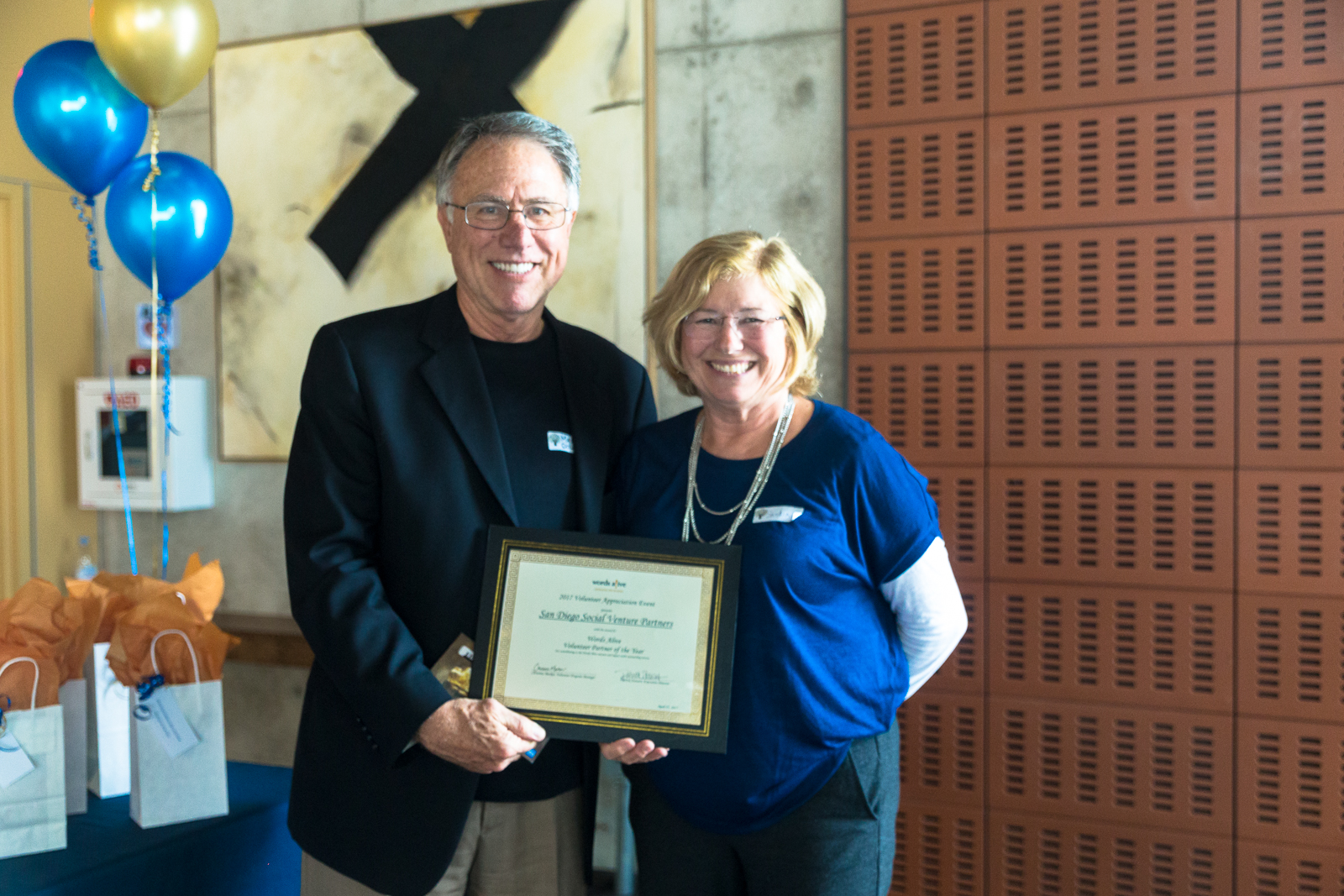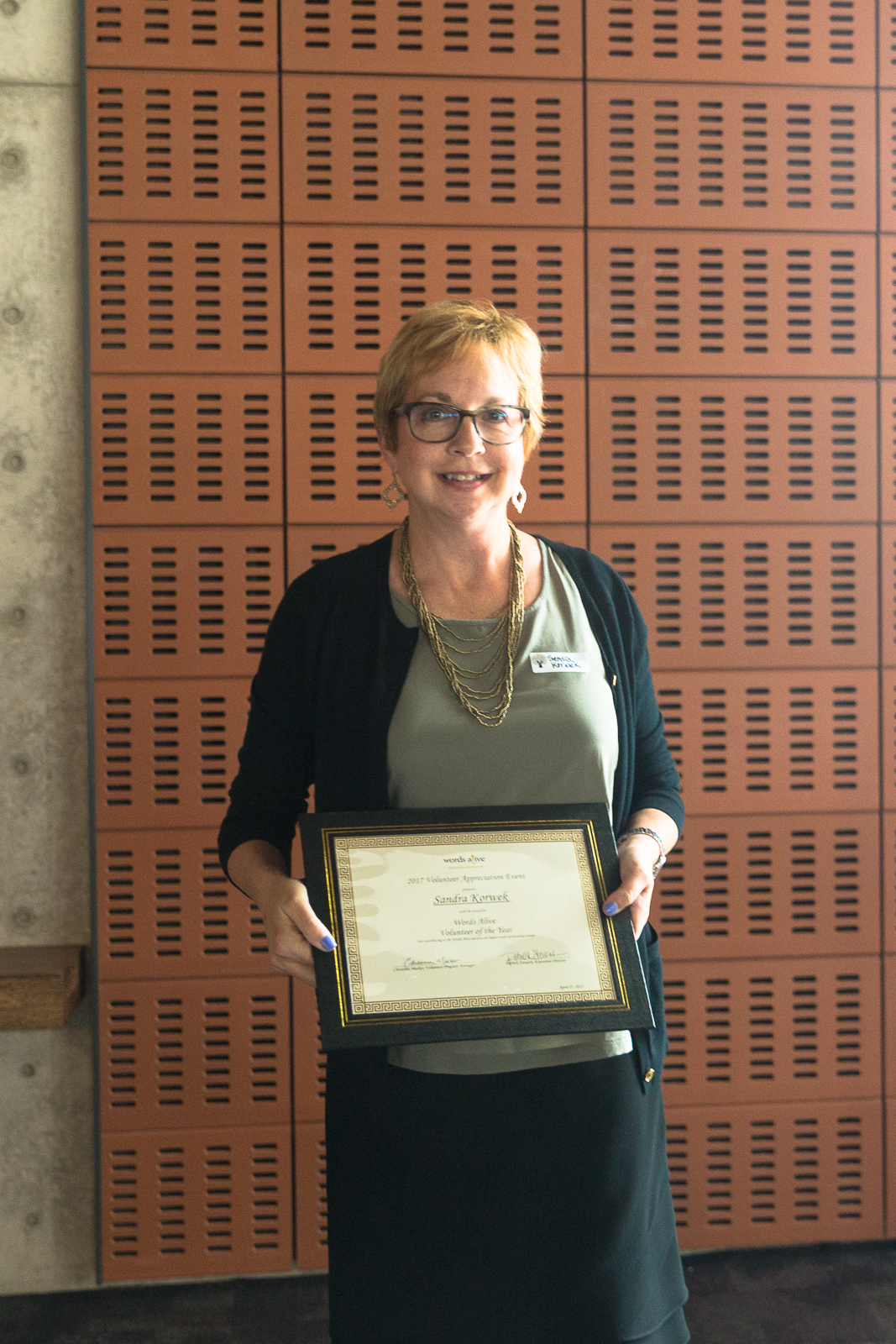By Dayna DeBenedet
This piece was originally posted here as part of the Harry Potter Alliance's Accio Books series, exploring issues related to literacy, education, and libraries. To find out more about Accio Books and how Words Alive is involved, visit thehpalliance.org/accio_books.
“I didn’t know the library did that.”
This is a sentence I hear with surprising regularity when I talk to people about public libraries and my work as a librarian. To be fair, when I first decided to pursue a career in librarianship, I didn’t really know what librarians did day-to-day either. I was mostly interested in librarianship because I liked books and had fond memories of the library growing up — but as it turns out, I had a lot to learn about public libraries.
So what does a library do?
Well, we do most of the traditional things you’re probably thinking of — lending books and audio-visual material, delivering story hour programs, answering research questions and providing access to computers and the internet, but most libraries also offer a wide range of services tailored to meet the specific needs of their community.
Here are a few things you might not have known were happening in public libraries:
Combating food insecurity through Summer Meal programs
Libraries across the United States are offering Summer Meal programs, which provide meals to children who are eligible for free or reduced lunch during school holidays. Summer holidays can be a difficult time for many children who receive free or reduced lunch at school — working with grant programs and community partners, several libraries are now working to ensure that children have access to meals year-round.
Connecting families impacted by incarceration
Libraries are also working to help connect families who are impacted by incarceration. Libraries have offered story hour programs in detention centres, provided parenting courses for inmates, and developed digital services that allow inmates to take part in reading programs with their children through video chat.
Image of an adult holding a baby up to a TV screen. The child is interacting with their incarcerated parent through the screen and there are numerous books and toys in front of the baby. Via Brooklyn Public Library
Providing services to newcomers and refugees
Public libraries work with newcomers to provide services that range from language training to job search support in an effort to help resettlement and combat social isolation.
Helping job seekers and small businesses
Libraries provide essential job readiness programs and small business supportin many communities including access to employment databases, technology workshops, resume writing and interview workshops and support for small businesses and entrepreneurs.
Connections to social service providers
Libraries are increasingly a vital connection between the public and social services. Several libraries across North America now have social service providers or social workers working within their facilities to help connect patrons with social services such as homelessness supports, housing programs, employment and training programs, and mental health services.
Creating Technology Hubs
If you haven’t visited your public library in a while, you might also be surprised to see how libraries have embraced technology. Libraries are creating Makerspaces, offering coding programs and lending technology, including internet hotspots to patrons who don’t have a connection at home.
Graphic: Because more than a quarter of U.S. households don’t have a computer with an internet connection. Via Libraries Transform
Collections that go beyond books
Libraries are also lending a lot more than books — they’re lending technology, musical instruments, tools, museum and gallery passes, seeds, sports equipment (i.e.: snowshoes or a pedometer) and all sorts of other things!
Infographic of 50 unusual items/services you can check out at libraries around the world. Infographic designed by Jaclyn Rosansky & researched by Amy Shaw
Community building is at the heart of the public library. Every week I come across stories of libraries doing amazing, creative things to respond directly to the needs of their communities, and these services help build vibrant, resilient communities.
Unfortunately, for every inspiring article I read about the work being done in libraries I seem to come across another article about libraries facing budget cuts, service reductions, and funding issues.
The recent Trump Budget Proposal eliminated all funding for the Institute of Museum and Library Services. The IMLS is the federal funding agency for all libraries in the United States and its $230 million budget provided grants to support museums and libraries. Cuts to the IMLS as well as state and local level cuts threaten the viability of libraries across the US.
American libraries are not alone in the struggle for funding — libraries in the United Kingdom have been in crisis for the past decade. It is estimated that in the past eight years more than 340 public libraries have closed across the United Kingdom, with more closures on the horizon. Last year in Canada the province of Newfoundland announced plans to close 54 public libraries. After a significant public outcry, the plan is being reevaluated, but library closures have not been ruled out. Relying on funding from so many different levels of government, federal, state/provincial, county, municipal etc. have made libraries increasingly vulnerable to funding cuts as governments at all levels are tightening their belts.
I know that as a public librarian I am a little biased, but every day I get to see how libraries and librarians work to provide service to marginalized and underserved groups, combat social isolation, connect people with resources and social services, help students and job seekers, promote health and wellness and find creative solutions to meet community needs. Of course, you don’t have to take my word for it, studies have shown that libraries have a positive impact on local economies, literacy and education, and community development.
If you love libraries, join the Accio Books campaign and advocate for public libraries. There are many simple actions you can take to support public libraries, like:
- Show support for your local library — get a library card!
- Get engaged with local politics. The majority of library funding comes from municipal and/or county funding, so your voice has the most impact at a local level.
- Call/Write to your state and federal representatives about the importance of library funding. Contact your representatives to help save the IMLS and preserve federal funding for libraries.
- Take part in a postcard sending campaign like this one. Download a postcard and send it to your representatives.
- Check out your national library association for ongoing updates about library advocacy and the opportunity to take part in advocacy campaigns.
Follow the HPA on social media and get involved with the Accio Books campaign. Donate books to a local library or literacy organization, or to our official partner Words Alive, and take part in our library advocacy actions.
Dayna is the Library Advocacy Researcher for the Harry Potter Alliance.


















